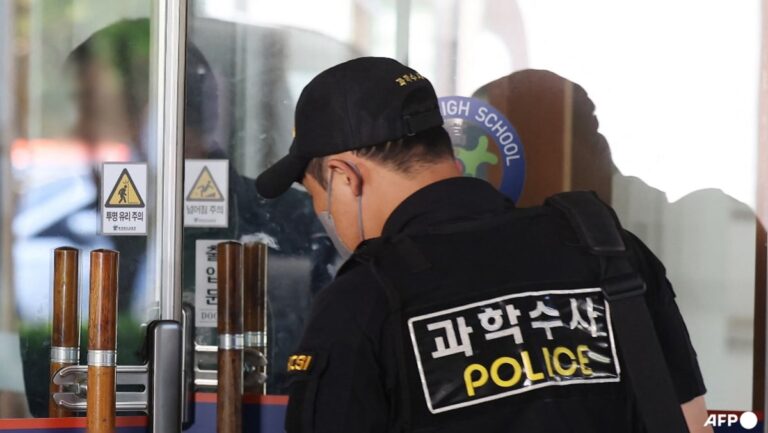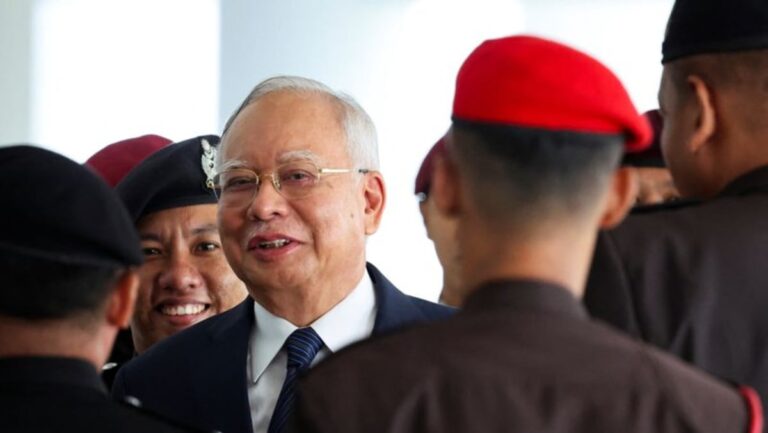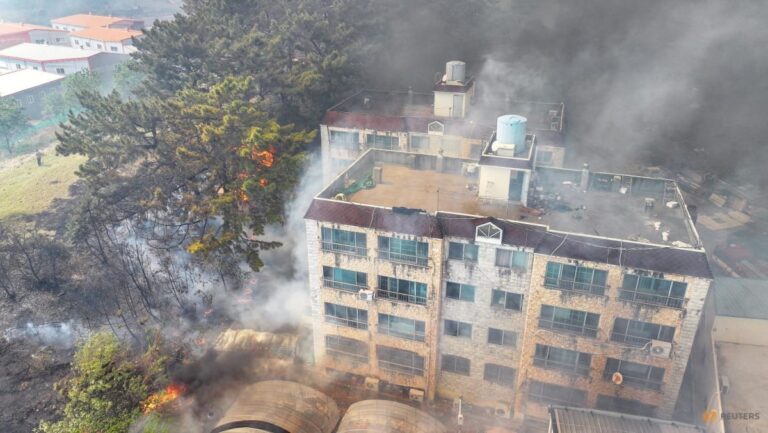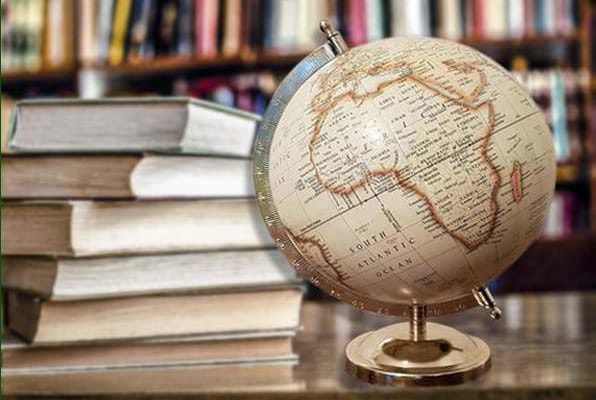
China’s leader Xi Jinping urged Cambodia to “resist protectionism”, as he arrived in Phnom Penh on Thursday (Apr 17) at the end of a three-nation tour of Southeast Asia, as United States tariffs threatened the economies of both countries.
Cambodia is a major exporter of clothing and footwear to the US, and was slapped with a rate of 49 per cent, one of the highest globally, before “reciprocal” duties were paused until July for most countries, except those on China which faces combined tariffs of 145 per cent.
In an article published on Thursday morning on Cambodian media, Xi urged Phnom Penh to oppose “hegemonism” and “protectionism”, repeating messages he sent earlier this week to Vietnam and Malaysia in the first two legs of his trip.
Phnom Penh is a close partner of China, which has invested billions of dollars in projects including roads and airports, and is the country’s largest creditor.
“We expect more cooperation including on infrastructure development,” Meas Soksensan, spokesman for the Cambodian finance ministry, told Reuters on the eve of Xi’s arrival in Phnom Penh.
He was answering a question about whether Cambodia expected Beijing to announce financial support for a 180km canal, which is the country’s most ambitious infrastructure project.
Xi, who has a road named after him on the outskirts of the capital, extolled the positive economic impact of past Chinese infrastructure projects, pledged to continue to “unswervingly support” Cambodia’s development, but mentioned no new specific project in his statements on Thursday.
The Cambodian government has said China would pay for the Funan Techo Canal, which would run from the Mekong River, from a site near Phnom Penh, to the coast on the Gulf of Thailand, diverting water from the fragile rice-growing Mekong Delta and reducing Cambodian shipping through Vietnamese ports.
China has so far made no public financial commitment to the project, while Phnom Penh has changed its statements on Chinese engagement from covering 100 per cent to 49 per cent of total costs, estimated at US$1.7 billion, nearly 4 per cent of Cambodia’s annual gross domestic product.
Beijing signed no new loans to Cambodia last year, according to Cambodian official data, a marked contrast with previous years when it lent the country hundreds of millions of dollars.
The drop in funding came as China reduced overall overseas investments amid domestic economic woes and concerns over unsuccessful projects.






